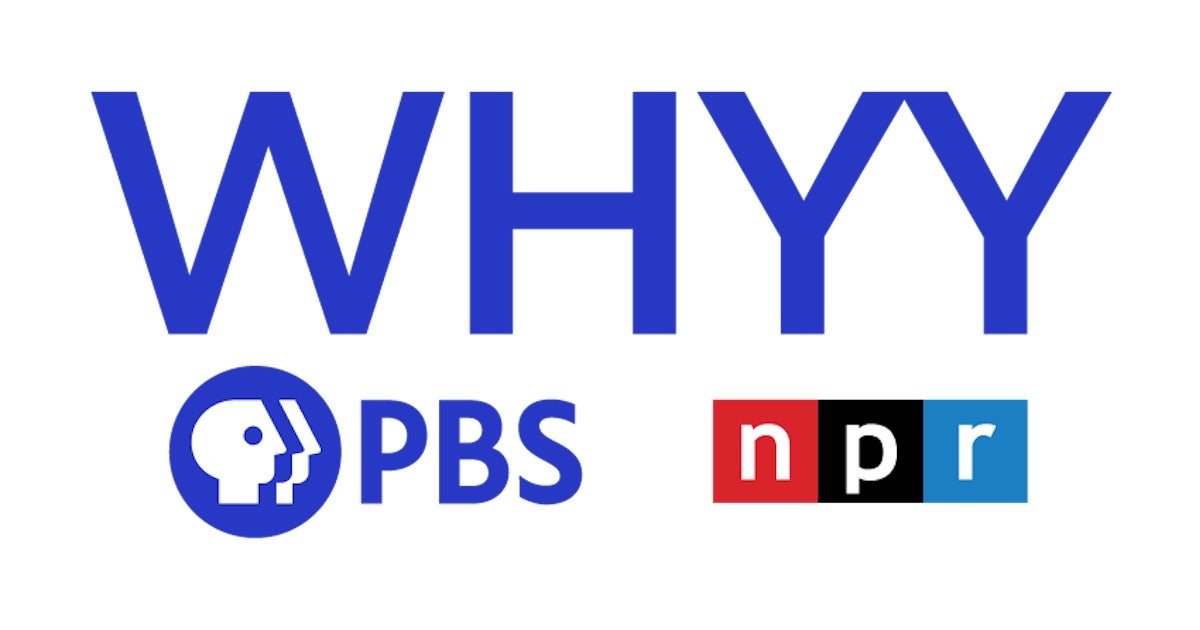Welcome to Foreign Policy’s South Asia Brief.
The highlights this week: Nepali Prime Minister K.P. Sharma Oli resigns amid deadly anti-government protests, a U.S. firm strikes a deal with Pakistan on critical minerals exploration, and India-U.S. ties hit another roadblock.
Sign up to receive South Asia Brief in your inbox every Wednesday.
Sign up to receive South Asia Brief in your inbox every Wednesday.
Sign Up
By submitting your email, you agree to the Privacy Policy and Terms of Use and to receive email correspondence from us. You may opt out at any time.
Enter your email
Sign Up
Loading…
Protests Oust Nepal’s Prime Minister
Nepal’s prime minister, K.P. Sharma Oli, resigned on Tuesday after 19 people were killed and hundreds more injured a day earlier during mass anti-government protests. In Kathmandu, the capital, demonstrators tried to breach the parliament building. Police initially responded with water cannons and tear gas but then opened fire against protesters.
The situation in Nepal remains unstable: Protesters have set fire to the parliament building along with the homes of politicians, including that of Oli. The country’s military announced on Tuesday night local time that it would deploy troops on the streets.
Monday marked the deadliest single day of political protests in Nepal since the 2006 democracy movement. Those demonstrations ultimately led to the abolition of the monarchy and Nepal’s transformation into a democratic republic in 2008.
The trigger for the current protests was Nepal’s decision last week to shut down social media platforms that had failed to abide by government registration requirements, including Facebook, X, and YouTube. A social media advocacy campaign launched last week—branded the “nepo kid” movement—took aim at the privileged children of political elites and had called for protests on Monday.
But as that campaign suggests, the demonstrations are about more than social media. For years, Nepali citizens have railed against the state of their country’s politics, decrying the system as corrupt and unable to address long-standing public concerns—especially economic stress. Nepal’s merry-go-round of coalition politics has resulted in 14 different governments since 2008.
This deep public mistrust emerged during large protests earlier this year that called for the restoration of the monarchy. Rather than genuine support for monarchical rule, these protests seemed to indicate just how angry people were at a supposedly democratic system that, in their view, ignores the needs of the masses.
Against this backdrop, it’s not surprising that protesters reject the government’s claim that registering social media platforms will make it easier to track harmful online content, fearing that it is a pretext for suppressing online speech. Tech companies have said they are unwilling to register because of proposed legislation that they say could harm online rights and Nepal’s digital economy.
This week’s demonstrations, which many observers have dubbed the Gen Z protests, highlight the impact of youth activism in a region where young people are demographically dominant but sometimes struggle to assert political agency.
The uprising against Bangladeshi Prime Minister Sheikh Hasina last year was a stirring achievement for youth politics. Students led a mass movement and overthrew a longtime leader; several of the protest leaders have since assumed senior posts in the interim government. Young people also played a major role in the mass protests that ousted Sri Lankan President Gotabaya Rajapaksa in 2022.
The ongoing protests are a piercing wake-up call for Nepali politicians; Oli has paid the price. The scale and intensity of the movement is striking, and anger has only increased with the high death toll. Protesters may be appeased by Oli’s ouster, but Nepal’s political class can no longer look away.
What We’re Following
U.S. metals firm inks deal with Pakistan. On Monday, the U.S. Embassy in Islamabad announced a memorandum of understanding between U.S. Strategic Metals, which produces and recycles critical minerals, and Pakistan’s Frontier Works Organization, a branch of the military that focuses on engineering projects.
In Trump’s second term, critical minerals have emerged as a key priority for U.S.-Pakistan relations. Islamabad has trumpeted that it has “trillions of dollars” of mineral deposits, and senior U.S. officials attended a critical minerals investment forum in the capital in April. Accessing these minerals will be difficult: Most of Pakistan’s deposits are in the country’s western areas, where security remains an issue.
Ethnic insurgents in the province of Balochistan have long fought against the exploitation of local resources by the Pakistani state and foreign actors. Nevertheless, the memorandum of understanding suggests willingness on the part of the United States and private companies to swallow the risks.
One signpost to keep an eye on is the work of Canadian mining giant Barrick Mining Corporation (formerly called Barrick Gold), which plans to build a massive copper and gold mine in Balochistan. To this point, it has secured $6 billion in loan pledges, including a recent one from the Asian Development Bank.
No end to U.S.-India crisis. It’s been another tough few days for the U.S.-India relationship, even though it appeared for a moment that fortunes might be changing. U.S. President Donald Trump said at the White House on Friday that India and the United States “have a special relationship,” referencing his friendship with Indian Prime Minister Narendra Modi.
Over the weekend, Modi posted on X, noting that the two countries “have a very positive and forward-looking” partnership. However, the cordial exchange has done little to change the dynamics that are driving the crisis—in particular, additional U.S. tariffs imposed on India due to its imports of Russian oil.
New Delhi continues to signal that it wants to end the impasse. Jason Miller, a former senior Trump aide who is now a lobbyist for the Indian government, recently met with Trump. The two militaries held a joint exercise in Alaska last week, and senior diplomatic and security officials held an online dialogue at the end of August.
Afghanistan, Pakistan reel from disasters. Rescuers are still facing challenges after a 6.0 magnitude earthquake struck eastern Afghanistan on Aug. 31, killing more than 2,200 people. Additional tremors have hit the region in recent days, including a 5.6 magnitude quake on Thursday.
Many survivors have been reluctant to return to their villages, fearing landslides. The Taliban government, which has called for more international assistance, is also an obstacle: Its bans on women working as humanitarian workers and other regressive policies have complicated efforts to bring aid to women. On Monday, the World Health Organization asked the Taliban to temporary lift the ban.
Meanwhile, Pakistan has grappled with massive flooding for weeks. In recent days, flash floods have hit the eastern province of Punjab, the country’s most populous region, which borders the federal capital. This week, Al Jazeera reported that up to half a million people were trapped in villages in the province. Continued heavy rains this week have complicated rescue efforts.
So far, 4 million have been affected by flooding across Pakistan. Significant crop losses—Punjab is a key Pakistani breadbasket—have raised concerns about economic damages after a few months of macroeconomic stabilization. India has also seen significant damage, especially in its state of Punjab, with hundreds of thousands of acres of crops destroyed.
Under the Radar
A top official with Bangladesh’s Jamaat-e-Islami party, Mia Golam Parwar, released a statement on Monday calling on government primary schools to stop recruiting music and dance teachers, instead focusing on bringing in more religious instructors to teach Islamic and moral education. Parwar said that students are “becoming detached from their religious and cultural history and heritage.”
Jamaat-e-Islami is Bangladesh’s largest Islamist party, and it will be a key player in the national elections scheduled for February. In that sense, Parwar’s statement can be read as part of a campaign pitch. Jamaat-e-Islami is unlikely to win; the Bangladesh Nationalist Party is heavily favored.
Still, the politicking highlights a big political change in Bangladesh since the fall of Hasina last year: the increased political space for religious actors such as Jamaat-e-Islami—the Supreme Court lifted a decade-long ban on the party in June—as well as some Islamist extremists.
Bangladesh prides itself on being a moderate Muslim state, but the recent empowerment of conservative religious actors has raised questions about a possible shift.
FP’s Most Read This Week
Regional Voices
In the News, gender equality advocates Farwa Zafar and Zainab Ali Khan decry in the scourge of violence against women in Pakistan: “As Pakistani women’s rights activists, we have a few questions for our readers and those in power: Where is your outrage? Where is the full stop to this relentless misogyny? What concrete steps are the government and judiciary taking to end this violence that knows no bounds?”
In the Print, journalist R. Jagannathan discusses how U.S. tariffs on India might have helped influence New Delhi’s recent decision to lower goods and services tax rates. “Hopefully, what Trump has done is force governments to think more clearly about how to serve their own people with fewer resources and by building trust. And that is a good sign,” he writes.
A Prothom Alo editorial calls on Bangladesh’s government to do more to curb human trafficking off the coast of Cox’s Bazar, which is home to hundreds of thousands of Rohingya refugees. “Speeding up the judicial process, raising awareness among local communities, and ensuring strict monitoring by law enforcement agencies are essential in this regard,” the editorial argues.







